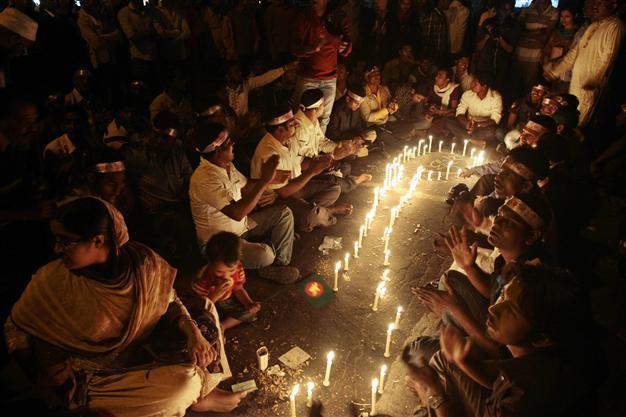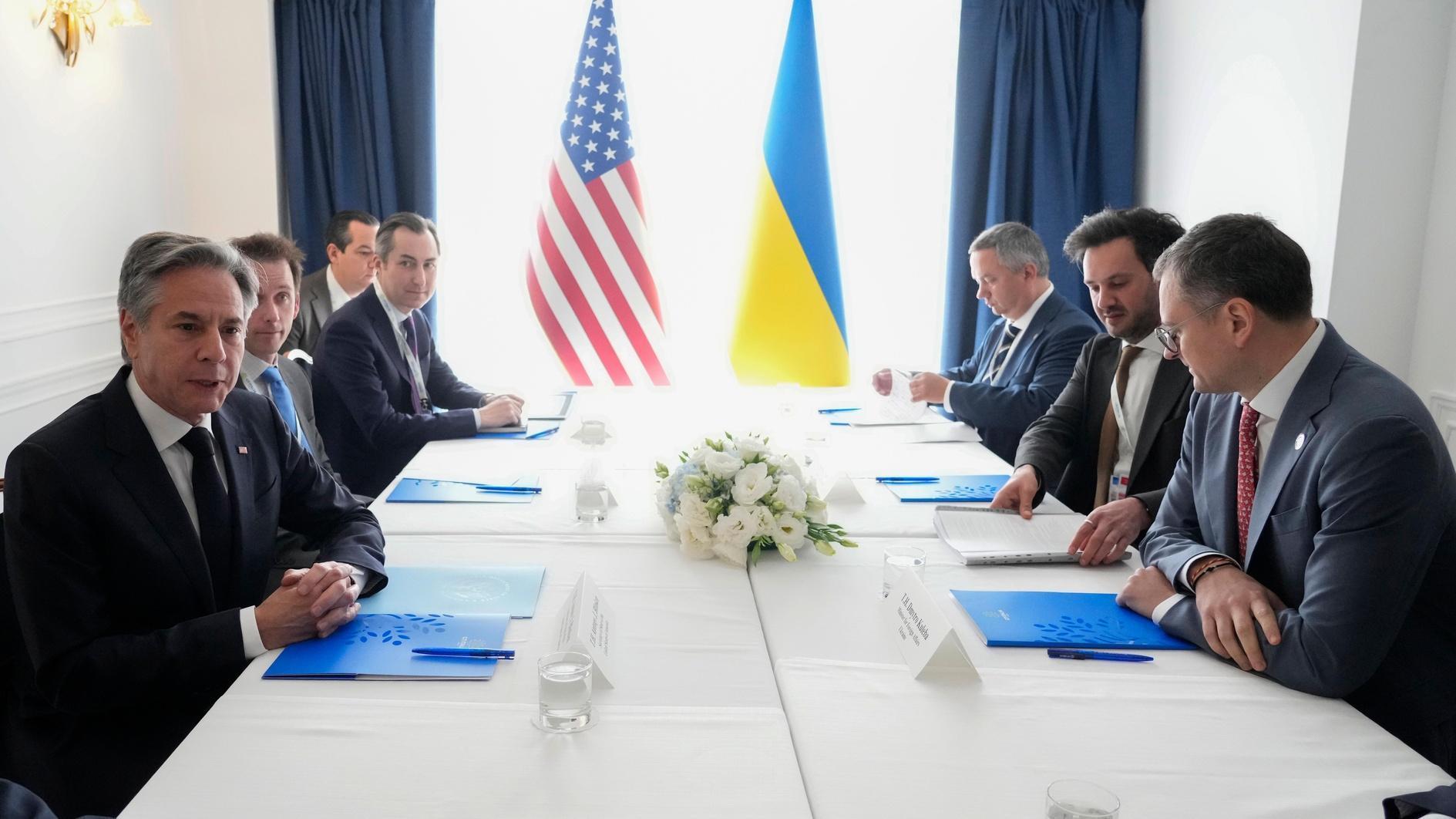Turkey concerned over possible execution of Bangladeshi opposition leader
ANKARA

Bangladeshi activists gather for a protest, demanding immediate execution of Islamist opposition leader Abdul Quader Mollah in Dhaka, Bangladesh, Wednesday, Dec 11, 2013. AP photo
Turkey has voiced its concern over the “possible execution” of a death penalty sentence against an Islamist leader convicted of war crimes in Bangladesh, stressing that such a penalty would “not heal the wounds of the past.”“We are concerned about the possible execution of a death penalty sentence against the Jamaat-e-Islami leader, Abdul Quader Mollah. We are concerned that the execution of this penalty will lead to an escalation of tension in Bangladesh,” the Foreign Ministry said in a written statement issued late Dec. 11.
The statement particularly underlined strong bilateral relations with Bangladesh that are “based on mutual respect.” “Turkey has the conviction that the wounds of the past cannot be healed with these methods, and societal reconciliation cannot be provided this way,” it said.
Hours after the statement was released, Bangladesh’s Supreme Court cleared the way on Dec. 12 for the execution of Mollah, after it rejected a last-minute appeal filed by his lawyers.
The execution of Mollah has been on hold since he was granted a reprieve on the night of Dec. 10 just hours before he was to be put to death.
“We sincerely wish for all parties in Bangladesh to act with common sense, and to take rational steps toward maintaining societal reconciliation, thus leaving these difficult days behind,” the Turkish Foreign Ministry statement read, noting that Turkey would “continue its support for Bangladesh,” as has been the case up to today.
















